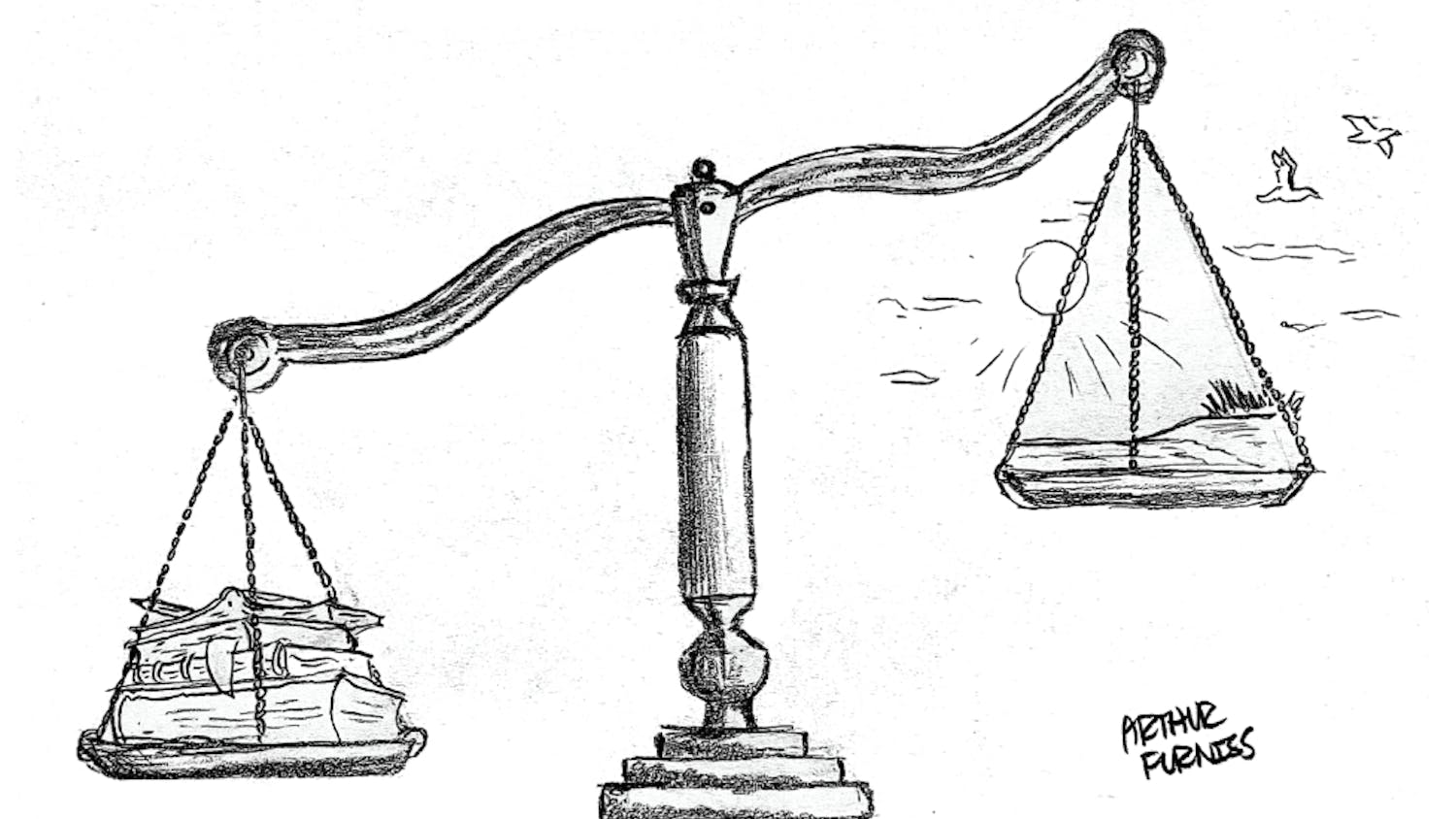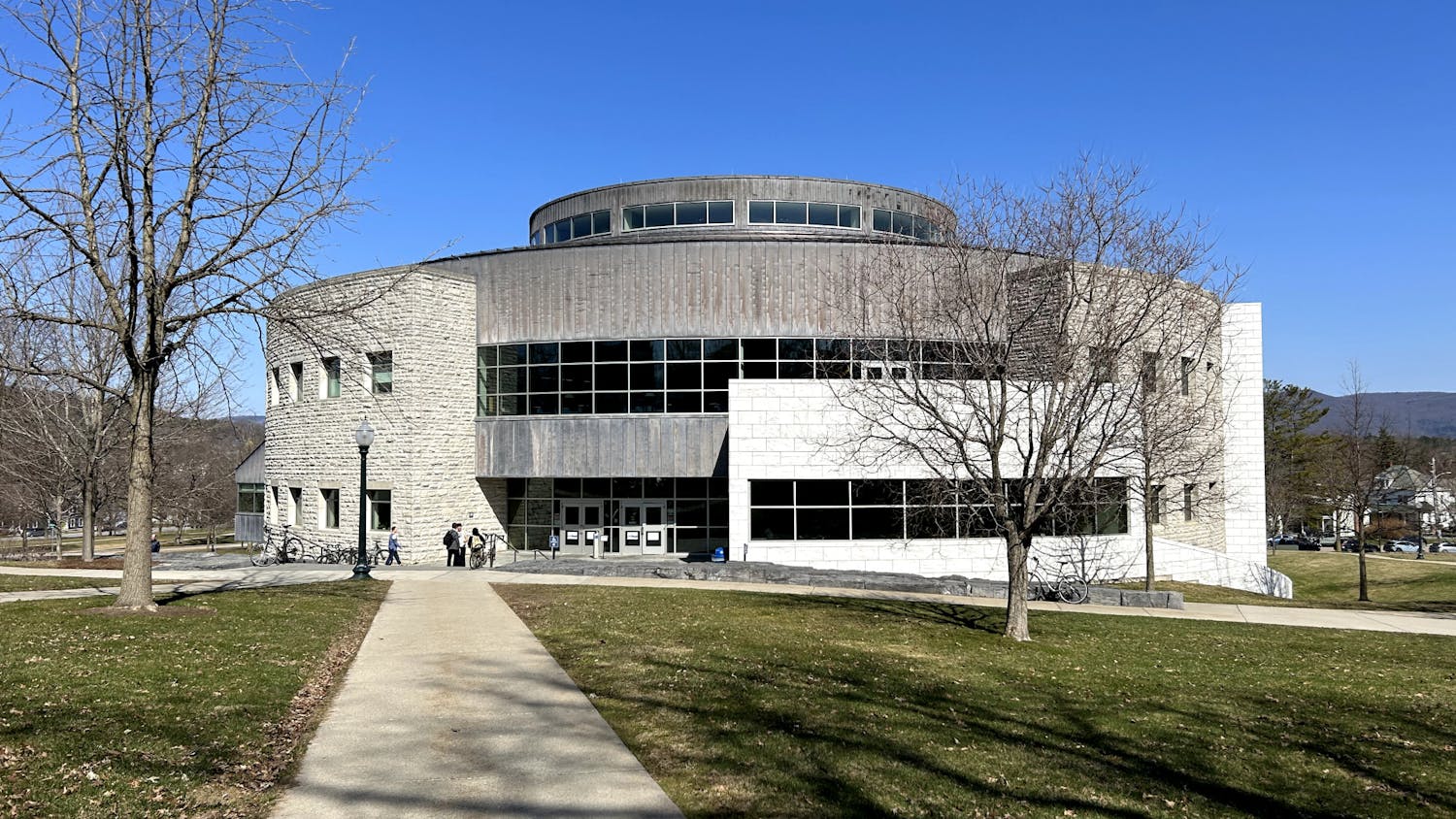Last Thursday, we published what we expected to be one of our least controversial editorials of the semester: another opinion piece centered around work-life balance and managing the pressures of Middlebury’s busyness culture. We’ve opined on this topic before without inciting outrage — so we were surprised to receive a Letter to the Editor entitled “You can’t have your cake and eat it too” that criticized both this editorial and the Editorial Board that penned it.
We regret that our arguments and recommendations were misconstrued in this Letter. As members of the Executive Team and the Editorial Board Director of The Campus, we wanted to reiterate the focus of our piece and refute the claims made in this Letter regarding our editorial and its authors.
We recommend, for any reader who has not yet done so, taking a moment to scan the editorial that inspired the Letter in our Opinions section this week. At its core, the editorial provides recommendations for how to achieve balance amid the general rigor of academic work, the pressures of competitive busyness culture, the additional stress of upcoming finals and the tantalizing prospect of a warm Vermont spring day.
The opening line of the Letter misunderstands the focus, argument and audience for our editorial: “Last week, the Middlebury Campus Editorial Board used their platform to call upon the administration and professors to address what they perceive to be a pressing campus issue: insufficient free time.” Reading beyond a literal interpretation of the season-inspired pun in our editorial’s headline demonstrates that, to the contrary, we argued, “It is vital to students’ long-term health, happiness, and productivity that we — with the support of administrators and faculty — find ways to balance relaxation and work.”
We dove into this topic with four suggestions for how “we” — students — can take charge of this balancing act in our own lives. The Letter claims that we “infantilized” our peers, missing the emphasis on students as the primary audience and actors for these choices. We noted that work can continue outdoors or with the windows open. We argued that sometimes the best choice for our mental and academic health is to say “no” to invitations from friends, opting instead for an afternoon spent tucked away in a dark study space.
Nowhere in our editorial did we suggest that students forgo their academic work for the sake of more free time. Instead, we recommended that students recognize their own limits: Knowing when to take a break is an important skill for preventing burnout and ensuring one’s ability to stay engaged and productive in the long run.
We encouraged students to prioritize, saying, “There are most certainly times when you need to sit down and grind. But on days when you don’t have an important deadline and the opportunity presents itself to do something fun, consider going outside and coming to terms with the fact that sometimes, it’s not always necessary to read every word of every reading for every class.” We invited students to weigh what matters to them.
We never made the case that there wouldn’t — or shouldn’t — be any consequences for putting off work, nor that professors should build more space for leisure into their syllabi. Rather, we hoped to promote a culture where it’s possible to put an assignment in perspective. Self worth should not be tied to academic performance — we would graduate less impressive students if our only values and virtues were high grades. And, ultimately, it is up to each student to decide where their priorities lie — as we said in the title of our last editorial on busyness culture, “to each their own balance.”
The claim that “a stressful weekend in Davis” is preferable to our health over “realizing you have failed to reap the benefits of your expensive education,” is an especially insensitive reply to the first editorial we published after our piece addressing the impact of an active shooter threat in Davis Family Library. If members of our Executive Team and staff — who were there working late into the night when armed police responded to a possible threat against their lives — sought ways to reduce stress and share them with other students affected by the same event in the following week, we regret that such actions made the college community “seem lazy and entitled.”
We wrote this editorial understanding that not everyone in our community has equal opportunity to interact with the kinds of “intellectual opportunities” championed in the Letter. Because of this, we were especially distressed by the way the authors interpreted our editorial as entitled — describing it as a request for lower standards amid “sundress season” and sarcastically recommending Mykonos if students were looking for cheaper fun than a college degree. Many students work jobs on top of completing academic work, others are grappling with the burden of looming student loans and some are struggling to stay afloat amid mental health issues. For those with additional financial or familial pressures, it can be very hard to choose to take a break — but that doesn’t make a break any less important. In hopes of easing the choice to take time off when needed, we made suggestions for how to balance work and breaks, and we called on the college to make these choices more accessible.
Suggesting that students need to experience adversity in a “supportive environment” in order to prepare them for future hardships perpetuates a philosophy that minimizes the impacts of harm or trauma to advance an idea of intellectual prestige. (And whether you consider this a “supportive environment” in the first place might depend on your identities and previous access to resources.) We’re not asking to be babied. We’re not promoting the idea of “treating Middlebury like a summer camp.” We simply don’t believe in advancing “intellectualism” at the expense of mental health or long-term learning and curiosity.
The sole part of last week’s editorial that could have been construed in any way as the Editorial Board’s advocacy for, as the Letter described it, “decreasing academic standards” is the second bullet point of our recommendations for faculty and administrators. We asked for professors to be “intentional and understanding with the work they give” — a reference to “busy work.” Most assignments, especially around finals season, are substantive projects and tests that push students to grow intellectually. We did not suggest that professors do away with final exams; we asked only that the work assigned to us is meaningful, so that our time is spent developing the skills and knowledge that will best help us in life.
The other three requests directed at administrators and faculty sought improved transportation to outdoor spaces for more equitable access, which the authors of the Letter agreed should exist. We asked professors to consider teaching classes outdoors and for the administration to embrace traditions like Williams College’s Mountain Day, where classes on a single Friday each year are canceled to allow students to enjoy the outdoor spaces of rural New England.
We regret that what was meant as a lighthearted editorial about the coming of spring was interpreted as a critique of Middlebury’s rigorous academic nature. This is not the argument we had hoped to generate, nor one we expected to rehash this week. However, we stand by the message of our editorial: There are ways that students can find balance between work and relaxation. Breaks from work spent in nature have been shown to promote productivity and wellbeing. Time spent enjoying the spring is as vital to students’ mental health as it is to their work — a well-rested student is a more focused, creative and engaged student.
We were surprised by the suggestion that we, students whose extracurricular of choice is putting out a 12-page newspaper each week, have “failed to recognize the priorities” of many of our peers — those priorities being academic rigor and “intellectualism.” Members of the Executive Team spend dozens of hours in the basement of Hepburn, week after week, working on The Campus while balancing academic and paid work. To suggest that the most valuable learning always happens in the classroom — or is best expressed by the pursuit of “intellectualism” — is to present a narrow and prescriptive definition of education.
We wish that this Letter had been submitted as an op-ed — the vast majority of it could have served as an independent opinion piece on grade inflation or students’ attitudes towards academics. Unfortunately, it was submitted in reference to our editorial and presented arguments disconnected from the content of that piece to a degree that suggests, at best, a severe misreading of a piece of writing meant to provide advice to our community.
To suggest we are promoting “an ethos of leisure at the expense of intellectualism” misunderstands the scope of education at Middlebury, which is enhanced by experiences beyond the classroom. The word “school” itself derives from an ancient term used to describe time spent learning outside of work and play — it comes from the Greek word for “leisure.”
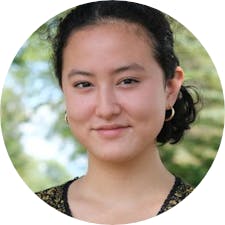
Abigail Chang ’23 (she/her) is the Editor in Chief.
She previously served as a managing editor, Senior News Editor, News Editor and co-host of The Campus' weekly news radio show.
Chang is majoring in English and minoring in linguistics. She is a member of the Media Portrayals of Minorities Project, a Middlebury lab that uses computer-assisted and human coding techniques to analyze bulk newspaper data.
Throughout last year, Chang worked on source diversity and content audits for different media properties as an intern for Impact Architects LLC. Chang spent summer 2021 in Vermont, working as a general assignment reporter for statewide digital newspaper VTDigger. Chang is also a member of the Middlebury Paradiddles, an a cappella group.

Rain Ji '23 is a managing editor of The Campus. She previously served as an Arts & Culture editor.
She is majoring in International and Global Studies with a concentration in the Middle East and North Africa. Previously, she studied abroad in Amman at the University of Jordan. Outside of academics, she enjoys watching Criminal Minds and skiing.
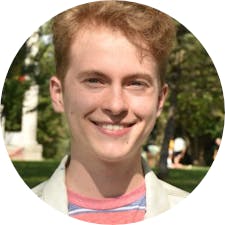
Tony Sjodin ’23 is a managing editor.
He previously served as community council correspondent, senior writer, news editor and senior news editor.
Sjodin is majoring in political science with a focus on international and comparative politics. He previously held internships with the Appalachian Mountain Club's Outdoor Magazine, political campaigns in Massachusetts and Vermont, and the U.S. Embassy in Costa Rica's Environmental Hub. Outside of class, he leads kayaking and hiking trips with the Middlebury Mountain Club.
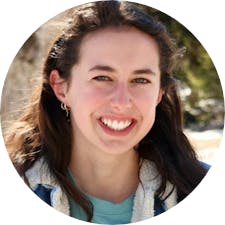
Lily Laesch '23 is the Campus’s editorial director.
She previously served as an opinions editor and a layout editor.
Laesch is joint majoring in Geography and Political Science with a minor in History, focusing specifically on foreign policy, border relations, international migration flows, and immigration law.
Outside of the newsroom, Laesch plays on the women’s ultimate frisbee team, dances with RIDDIM World Dance Troupe, and leads outdoor orientation trips.

